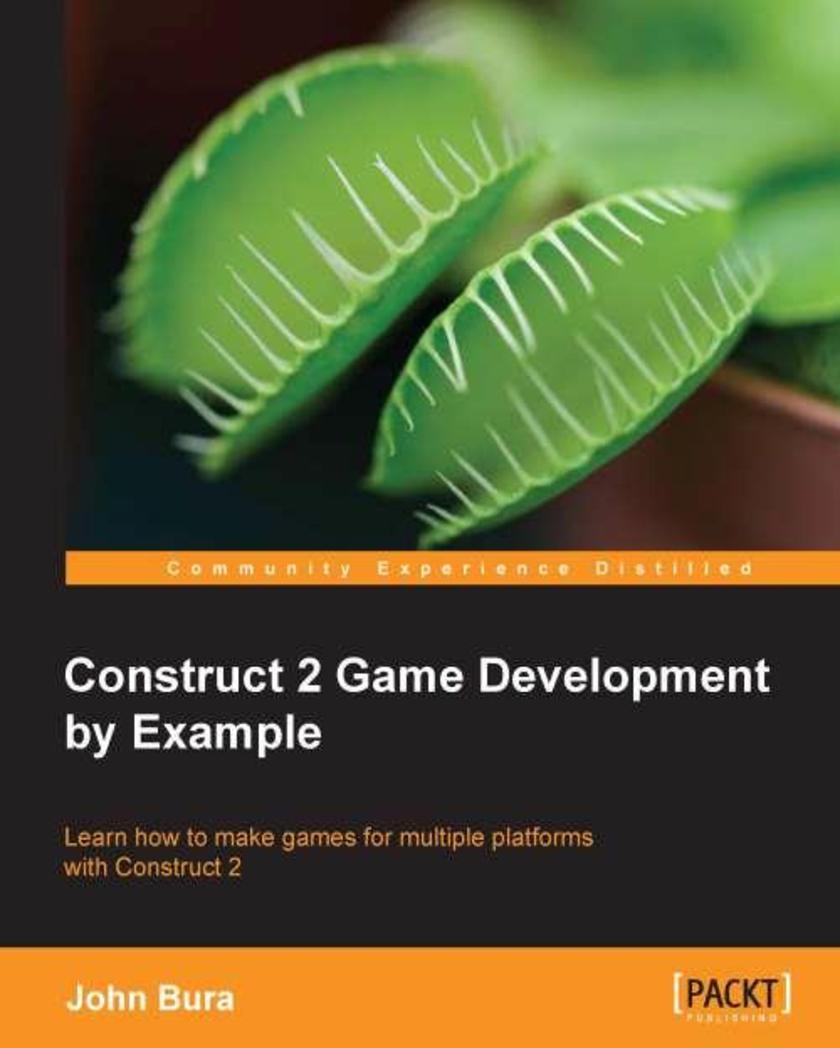
Construct 2 Game Development by Example
¥80.65
This book uses practical examples to teach readers, and imparts the key skills and techniques of working in Construct 2 through building complete game projects. This book is for complete beginners who have always wanted to learn how to make games and have never tried. It is the perfect introduction to game development, design, and production.
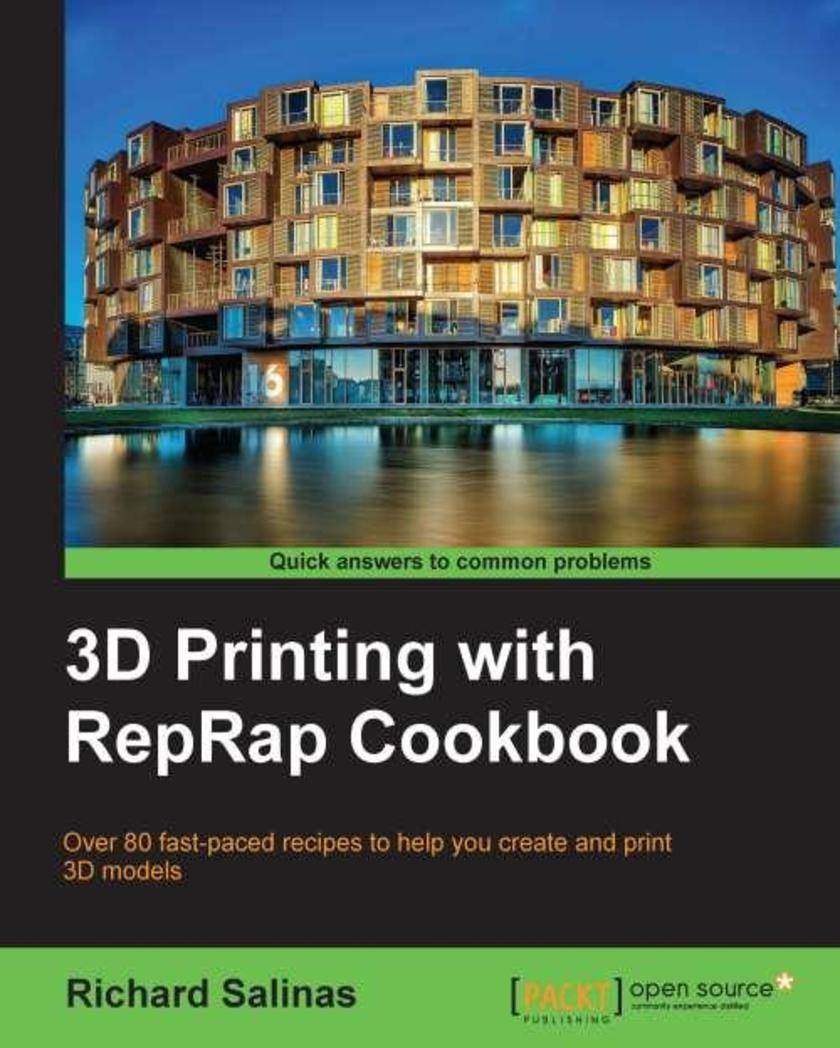
3D printing with RepRap Cookbook
¥80.65
A systematic guide consisting of over 100 recipes which focus on helping you understand the process of 3D printing using RepRap machines. The book aims at providing professionals with a series of working recipes to help make their fuzzy notions into real, saleable projects/objects using 3D printing technology. This book is for novice designers and artists who own a RepRap-based 3D printer, have fundamental knowledge of its working, and who desire to gain better mastery of the printing process. For the more experienced user, it will provide a handy visual resource, with side-by-side comparisons of the two most popular slicers, Skeinforge and Slic3r. A basic understanding of designing and modeling principles and elementary knowledge of digital modeling would be a plus.
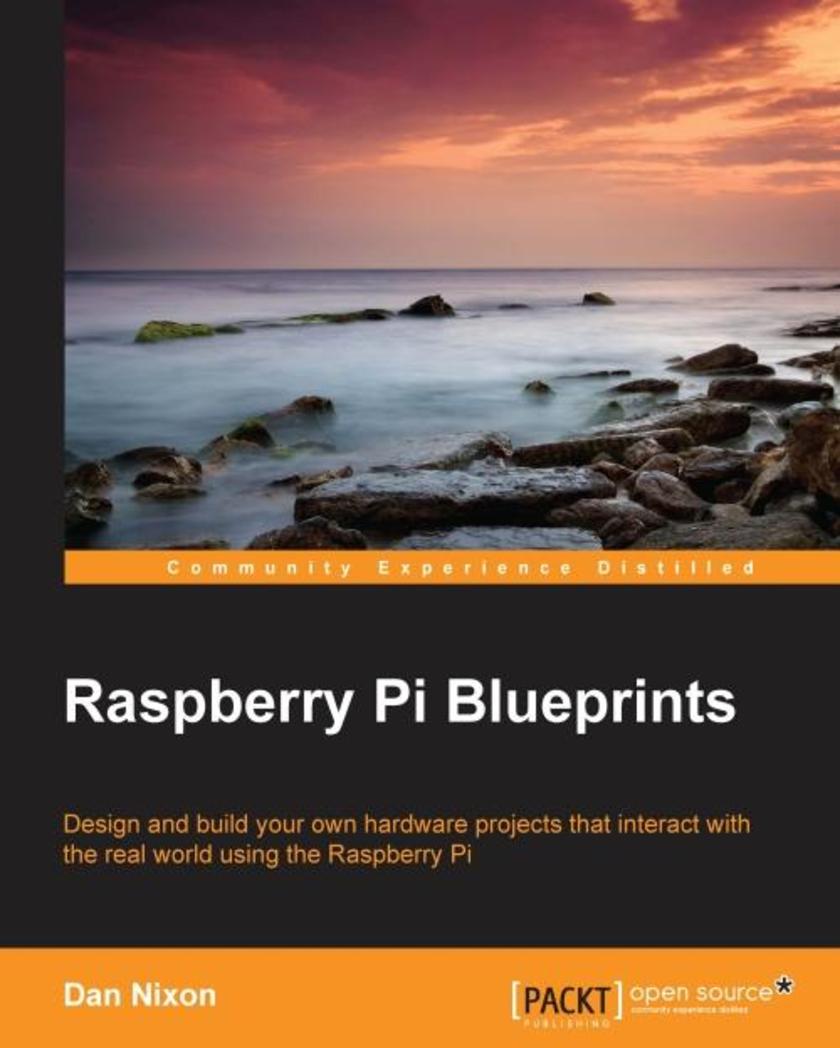
Raspberry Pi Blueprints
¥80.65
If you have already undertaken some simple projects with the Raspberry Pi and are looking to enter the exciting work of hardware interaction, then this book is ideal for you.
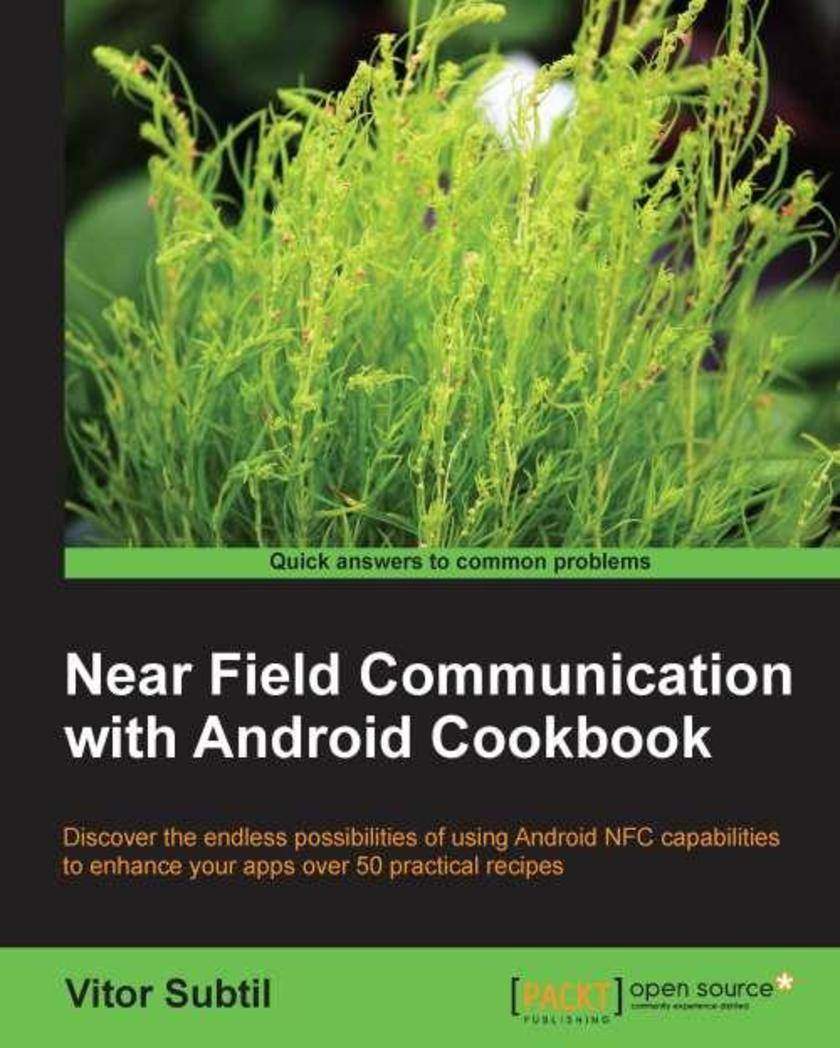
Near Field Communication with Android Cookbook
¥80.65
An easy-to-follow guide, full of hands-on examples of and real-world applications. Each recipe is explained and placed in context. If you want to learn how to create NFC-enabled Android applications, this is the book for you. Perhaps you already know a bit about Android application developments but have never used NFC, or perhaps you know a little about NFC android development but want some more advanced features and examples. In either case, this book will get you up and running quickly. You are expected to have Android programming knowledge.
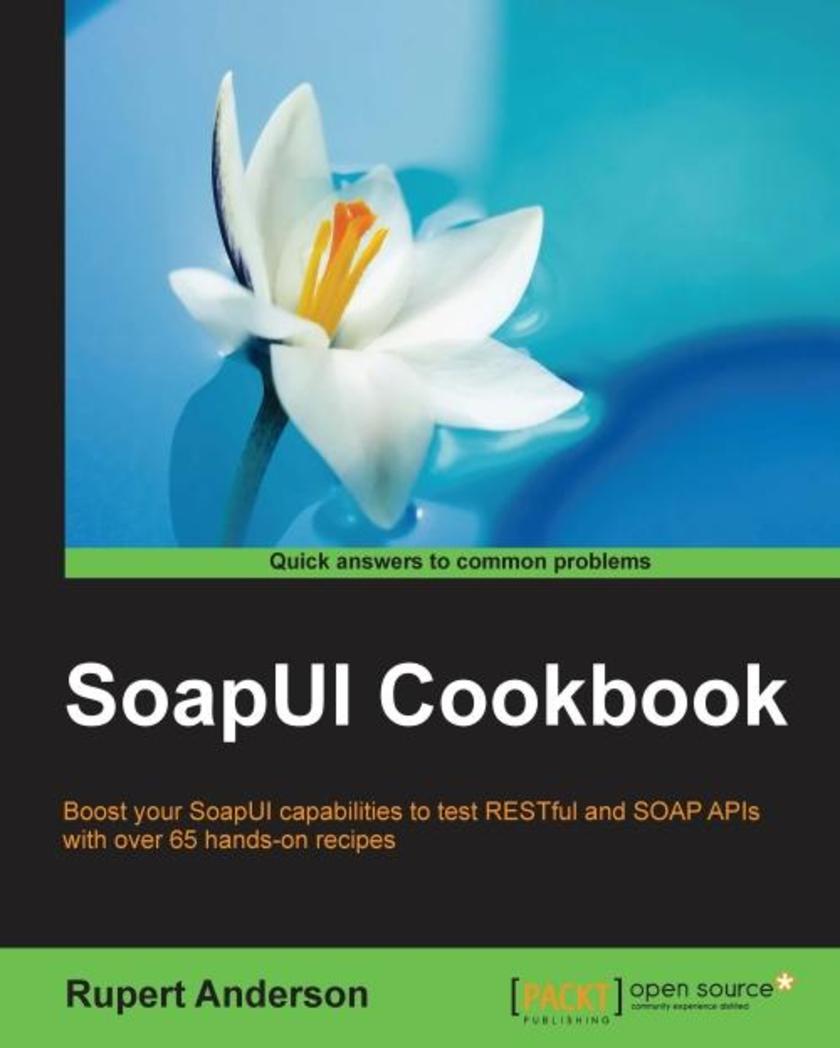
SoapUI Cookbook
¥80.65
This book is aimed at developers and technical testers who are looking for a quick way to take their SoapUI skills and understanding to the next level. Even if you are new to SoapUI but have basic Java skills and a reasonable grasp of RESTFul and Soap web services, then you should have no problem making use of this book.
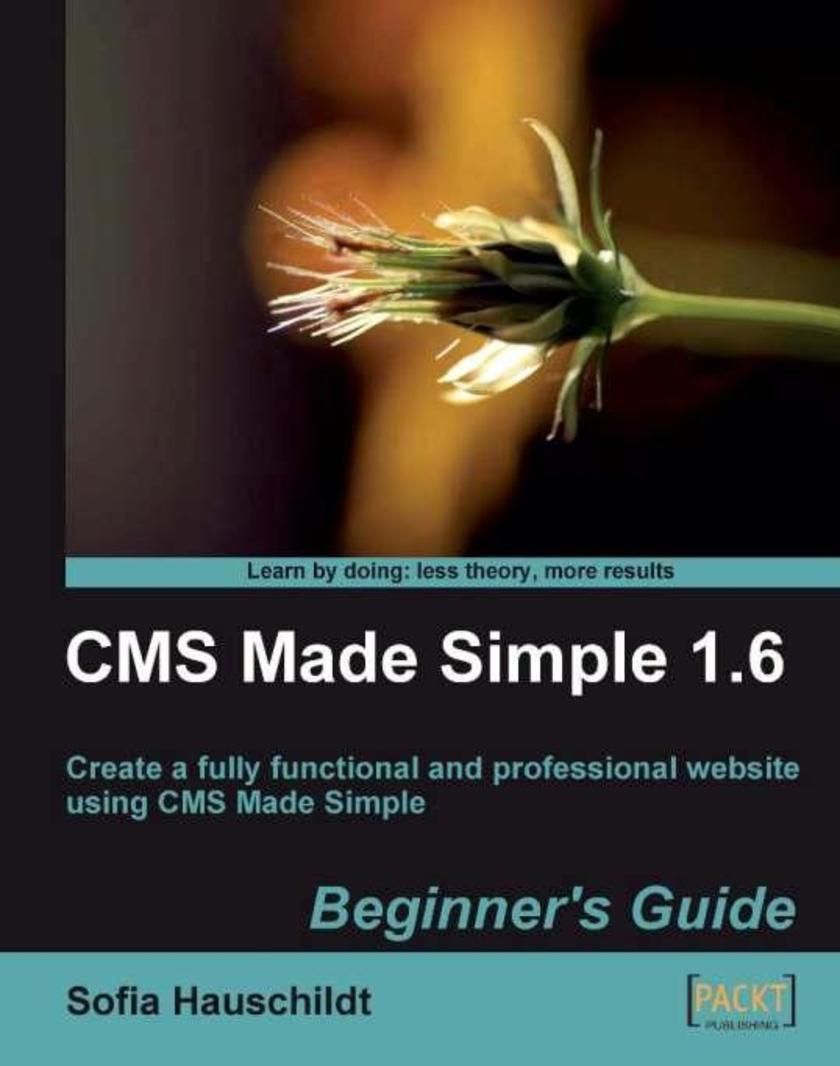
CMS Made Simple 1.6: Beginner's Guide
¥80.65
This is a practical, hands-on book based around a case study website, which you will build in this easy-to-understand workshop by using CMS Made Simple. The case study grows chapter by chapter, from CMS installation to the finished website. It provides clear instructions and detailed screenshots, so you can see exactly what to do at each step of the build. When you have completed the case study, you will have the knowledge and confidence to build a website with rich functionality and individual design that is optimized for search engines and can be handed over to the customer. This book is perfect for newcomers as well as webmasters who are looking for an introduction to building powerful and professional websites with a content management system. Basic knowledge of HTML and CSS is the only requirement. The workshop covers all aspects of web publishing and is aimed for web designers, web developers, editors, and web managers.
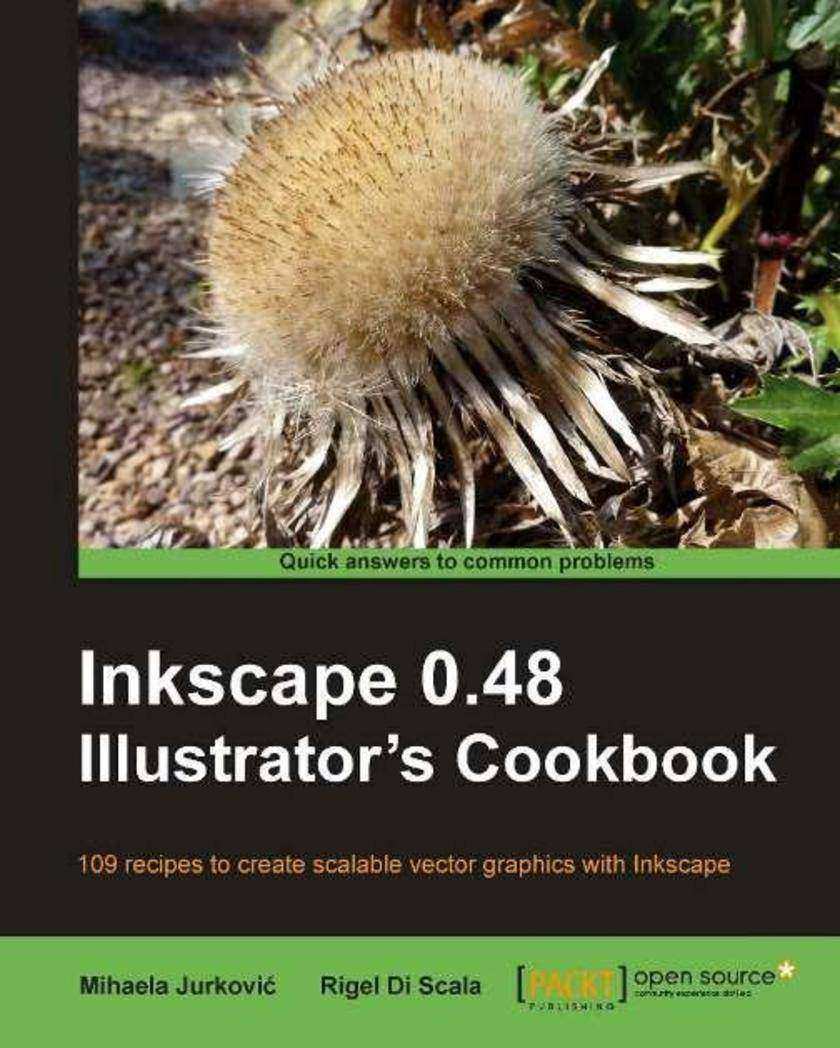
Inkscape Illustrator's Cookbook
¥80.65
Each recipe comprises step-by-step instructions followed by an analysis of what was done in each task and other useful information. The book is designed so that you can read it chapter by chapter, or look at the list of recipes and refer to them in no particular order. It is packed with useful screenshots to make your learning even easier. This book is written for both beginners and developers who have a basic knowledge of Inkscape. With this book illustrators who have just started using Inkscape can quickly dive into the world of Inkscape and graphics editing. Software developers and web designers can learn how to create graphics for their software on their own or build SVG and other web-based interfaces. Users of other graphics editing applications can find out how Inkscape can be used as an alternative to solve common graphics problems.
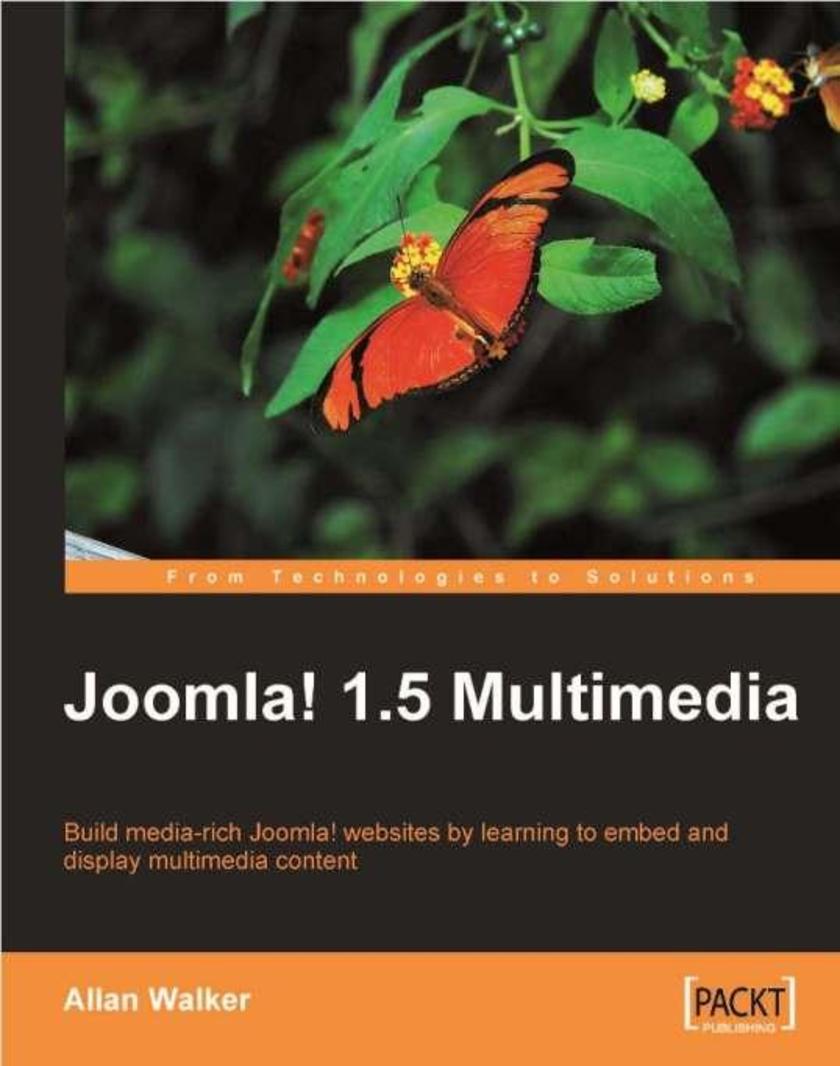
Joomla! 1.5 Multimedia
¥80.65
This book is a Joomla! tutorial packed with features that you can apply to enhance your Joomla! web site. It contains step-by-step instructions for Joomla! users to build rich multimedia web sites using Joomla!. It shows you how to manually implement features into your site, as well as utilize Extensions and more automated methods. A tutorial approach means you can follow this book chapter by chapter or just dip into the topics you find of interest. This book is aimed at Joomla! administrators and site developers who want to add media-rich content elements and interactive features to their site. All you need is to have a basic knowledge of the Joomla! platform and want to develop your site with rich media content. This book is a must-read for Joomla! users wanting to collaborate with external resources such as YouTube, Twitter, Google, and Flickr (amongst others).
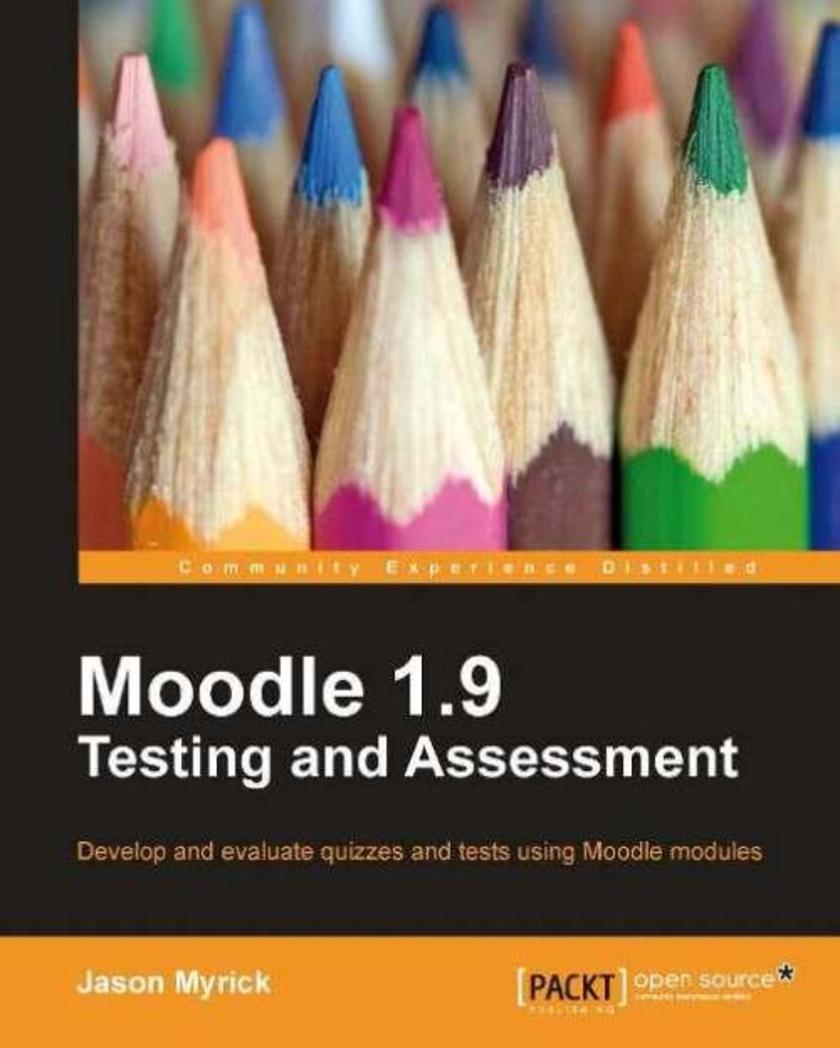
Moodle 1.9 Testing and Assessment
¥80.65
This book is an illustrative how-to guide with many screenshots and examples that helps you to create simple to complex tests and assess them using Moodle. It covers effective usage of tools available in Moodle and offers some Moodle options that you may not have tried yet. It will guide you from the basic philosophy of online testing to creating skill-based assessments in Moodle. If you are a tutor or Moodle Administrator who is responsible for developing and evaluating an online test using Moodle, then this book is for you. This book assumes that you have already successfully installed and set up a Moodle site for teaching.
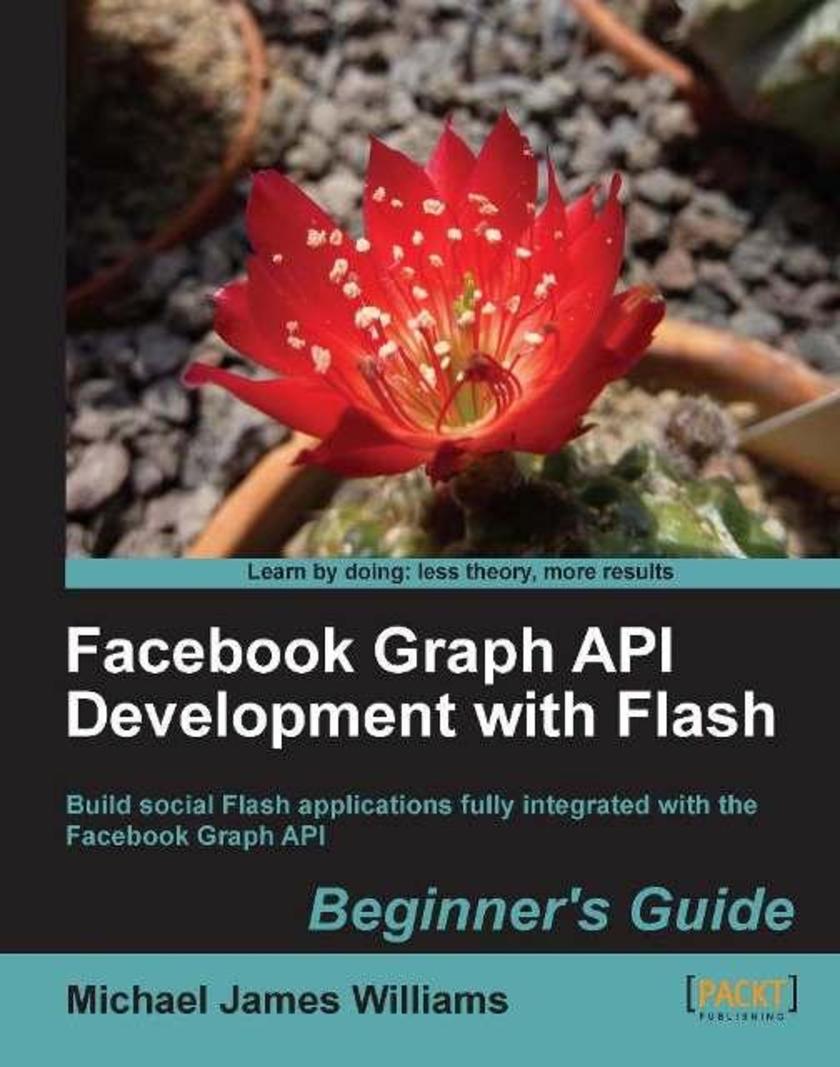
Facebook Graph API Development with Flash: Beginner's Guide
¥80.65
This step-by-step book gives you an empty shell of an AS3 Facebook RIA, and guides you through writing the Facebook interaction code by means of fun examples, exercises, and code snippets.This beginner's guide focuses on getting you through all the major learning points in a smooth, logical order. You'll also see how to avoid some common pitfalls. If you are an AS3 developer who wants to create applications and games that integrate with Facebook – either on the Facebook website itself or off it, then this book is for you. Even if you have no previous experience with Facebook, databases, or server-side programming , you can count on this book.
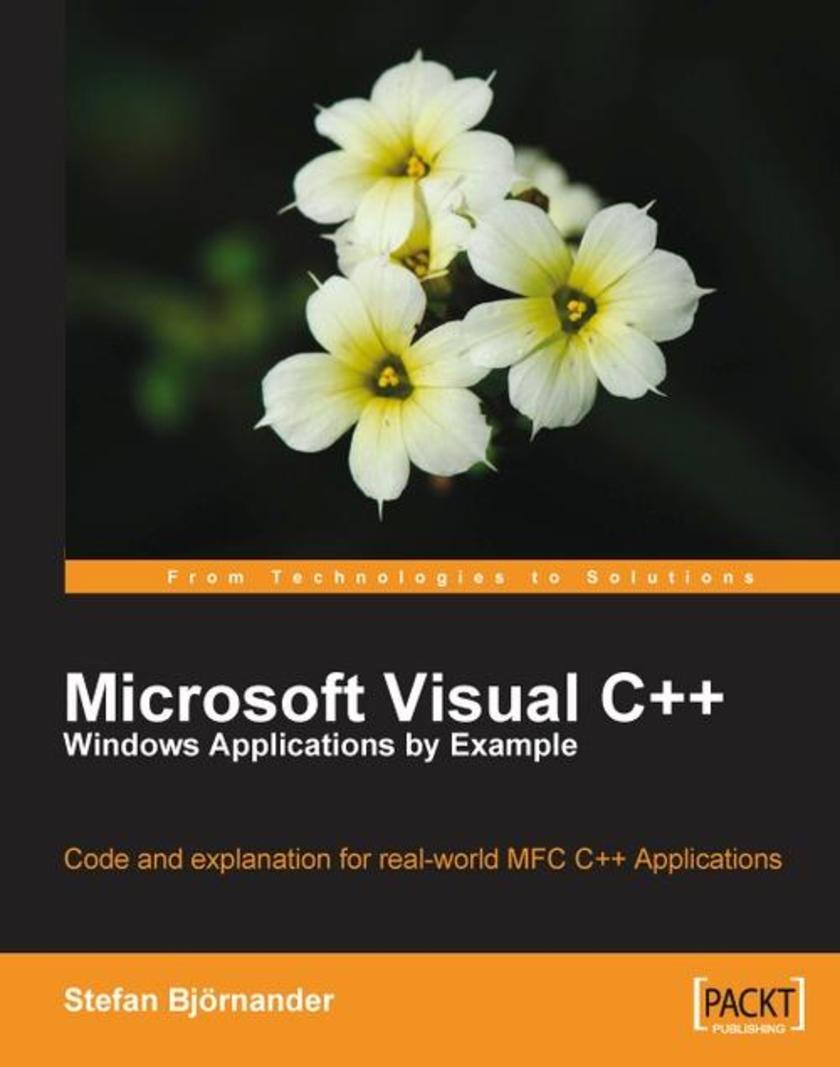
Microsoft Visual C++ Windows Applications by Example
¥80.65
The book is ideal for programmers who have worked with C++ or other Windows-based programming languages. It provides developers with everything they need to build complex desktop applications using C++. If you have already learned the C++ language, and want to take your programming to the next level, then this book is ideal for you.
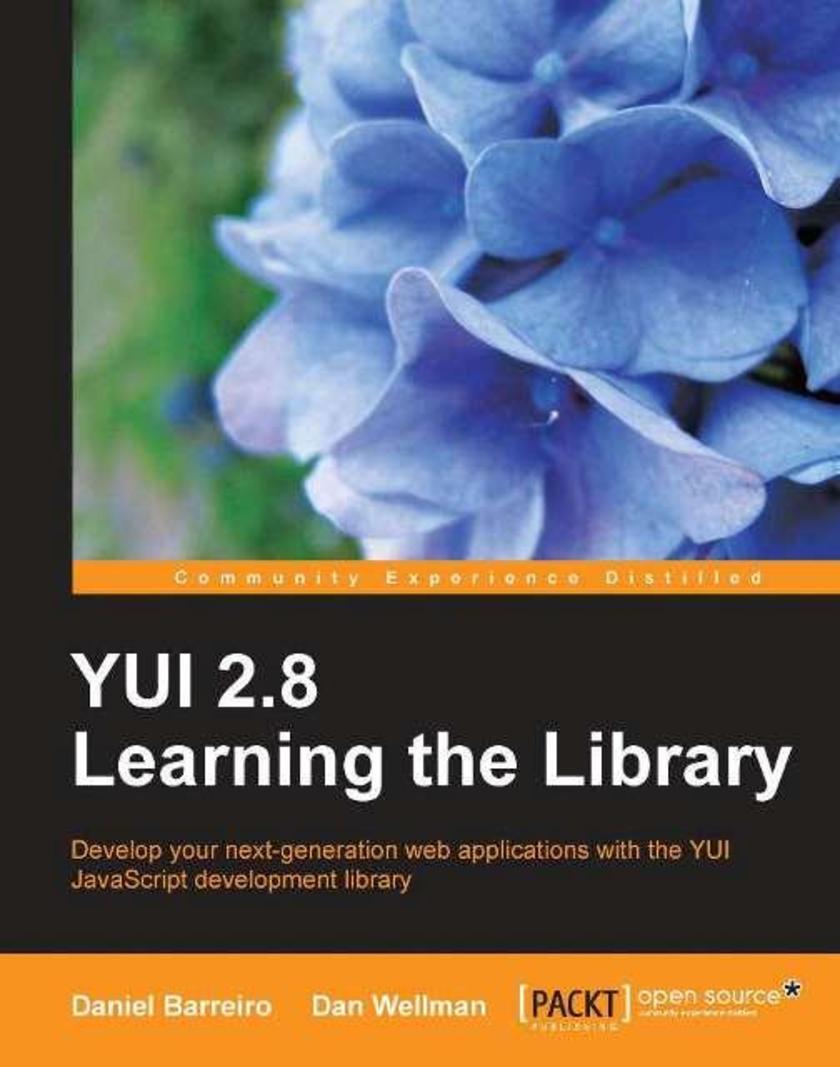
YUI 2.8: Learning the Library
¥80.65
The book is a tutorial, leading the reader first through the basics of the YUI library before moving on to more complex examples involving the YUI controls and utilities. The book is heavily example driven, and based around an approach of tinkering and extending to improve. This book is for web developers comfortable with JavaScript and CSS, who want to use the YUI library to easily put together rich, responsive web interfaces. No knowledge of the YUI library is presumed.
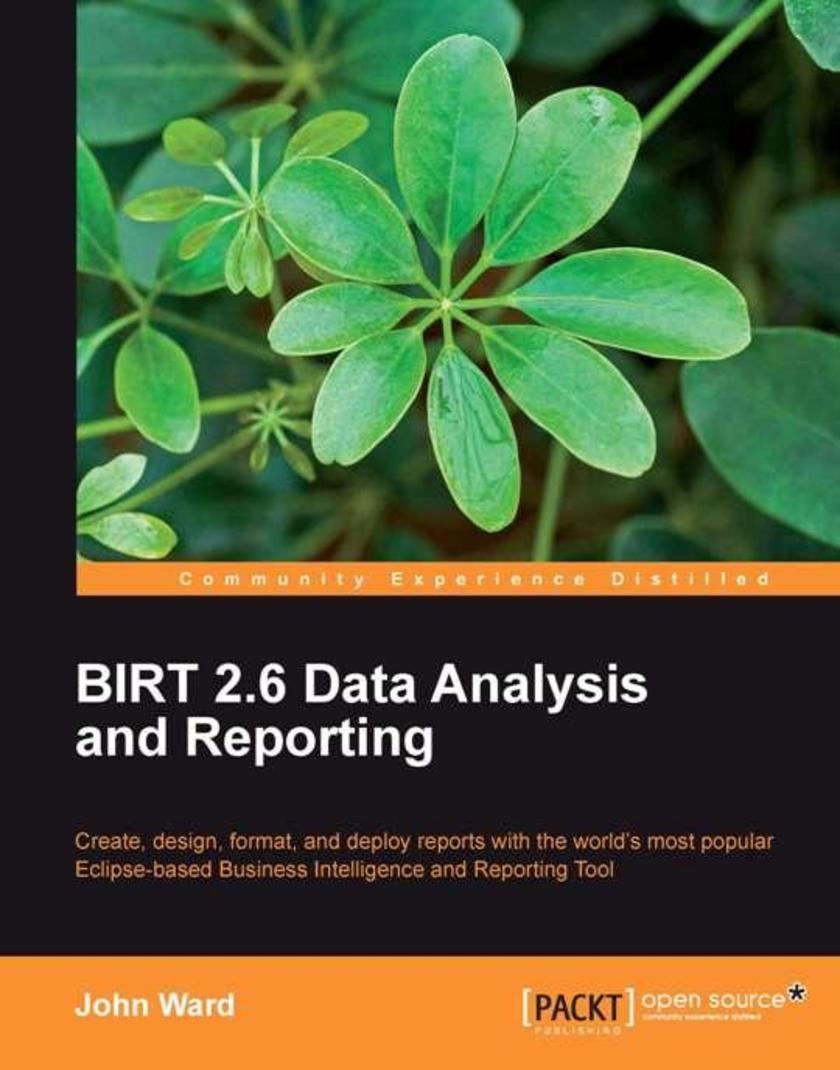
BIRT 2.6 Data Analysis and Reporting
¥80.65
This book is a concise and practical guide aimed at getting the results you want as quickly as possible. It steers the reader through each point of reporting from setup to *ing, designing, formatting, and deploying BIRT reports using a common example that runs through the book. If you are a Java developer and want to create rich reports using BIRT, then this book is for you. You will need a basic understanding of SQL to follow along.
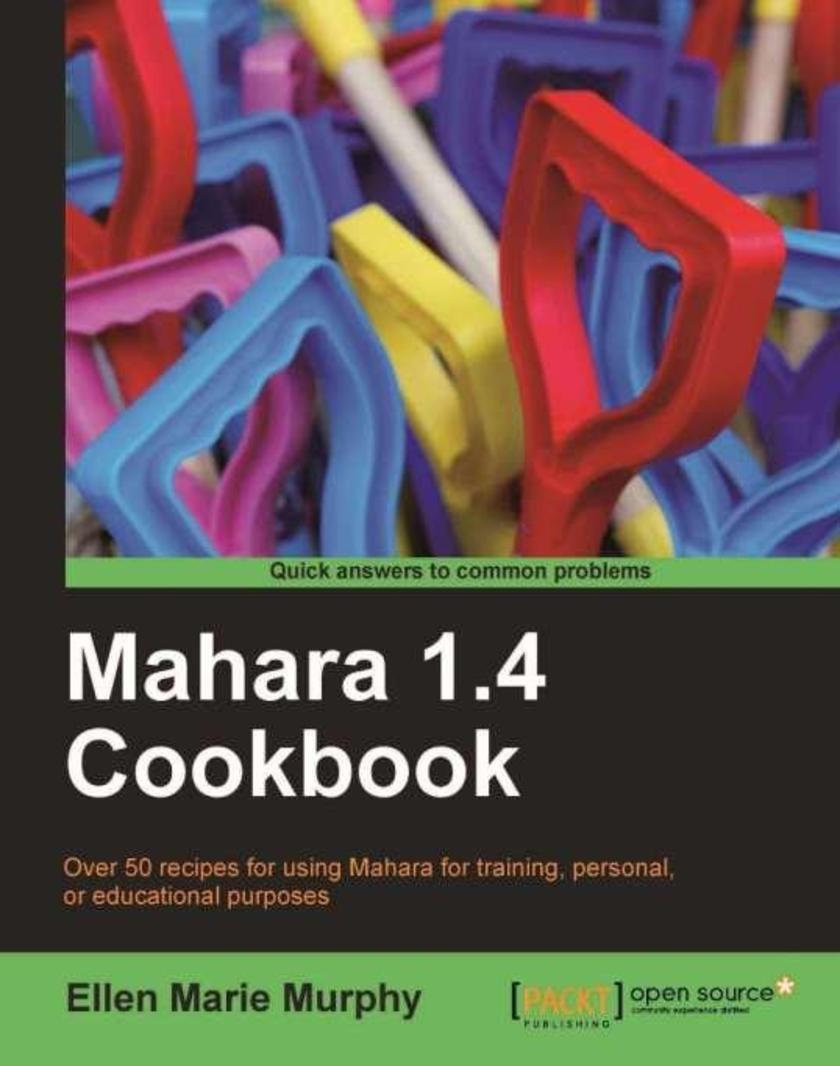
Mahara 1.4 Cookbook
¥80.65
Part of Packt's cookbook series, this book offers learning and techniques through recipes. It contains step-by-step instructions for Mahara users of all kinds. It is designed in such a way that you can refer to recipes chapter by chapter, or read them in no particular order. Whether you are a student, an instructor, an administrator, or simply someone who would like to build your own portfolio, this book is for you. The range of recipes is wide, because Mahara's features can support portfolio development and use, regardless of level or purpose. This book requires only a very basic knowledge of Mahara.
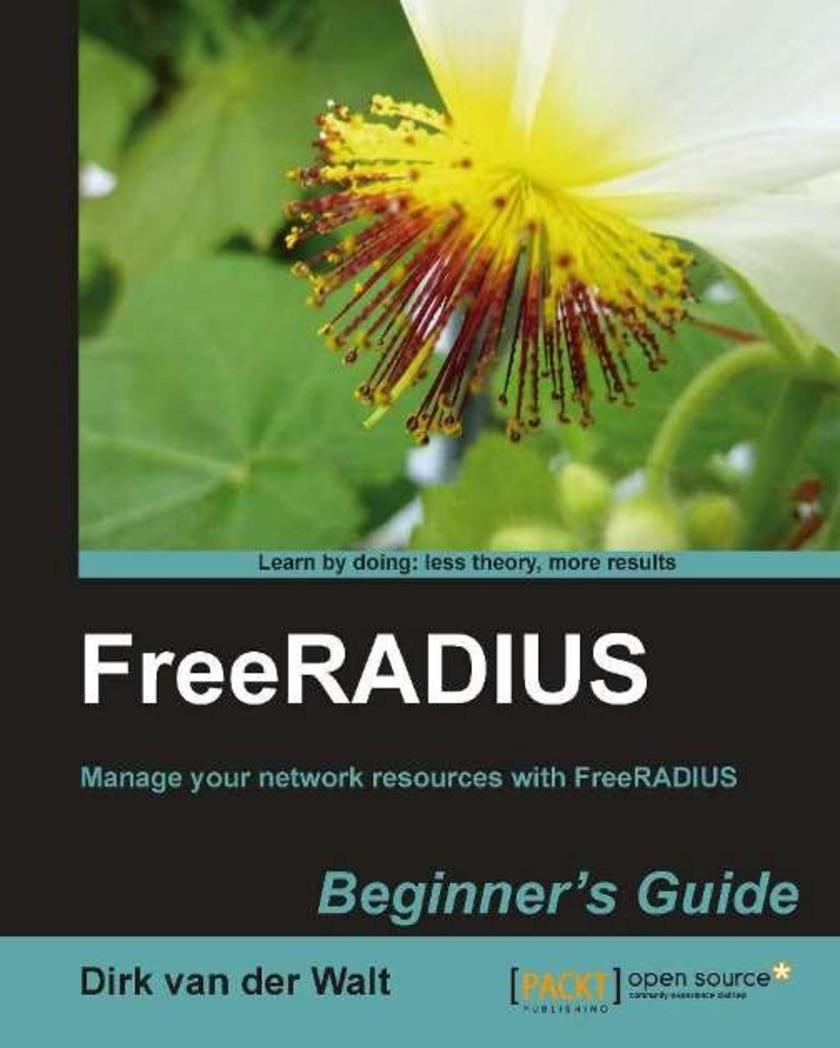
FreeRADIUS Beginner's Guide
¥80.65
This is a fast-paced Beginner's Guide that will take you step by step through the fundamentals of FreeRADIUS and using it in your live projects. It has been structured in a way that will let you get maximum practical information out of it in setting up your own FreeRADIUS server. It will guide you on all the aspects of FreeRADIUS and do much more to get you all the 'A's right. If you are an Internet Service Provider (ISPs) or a network manager who needs to track and control network usage, then this is the book for you. You need to be familiar with Linux and have a solid understanding of TCP/IP. No previous knowledge of RADIUS or FreeRADIUS is required.
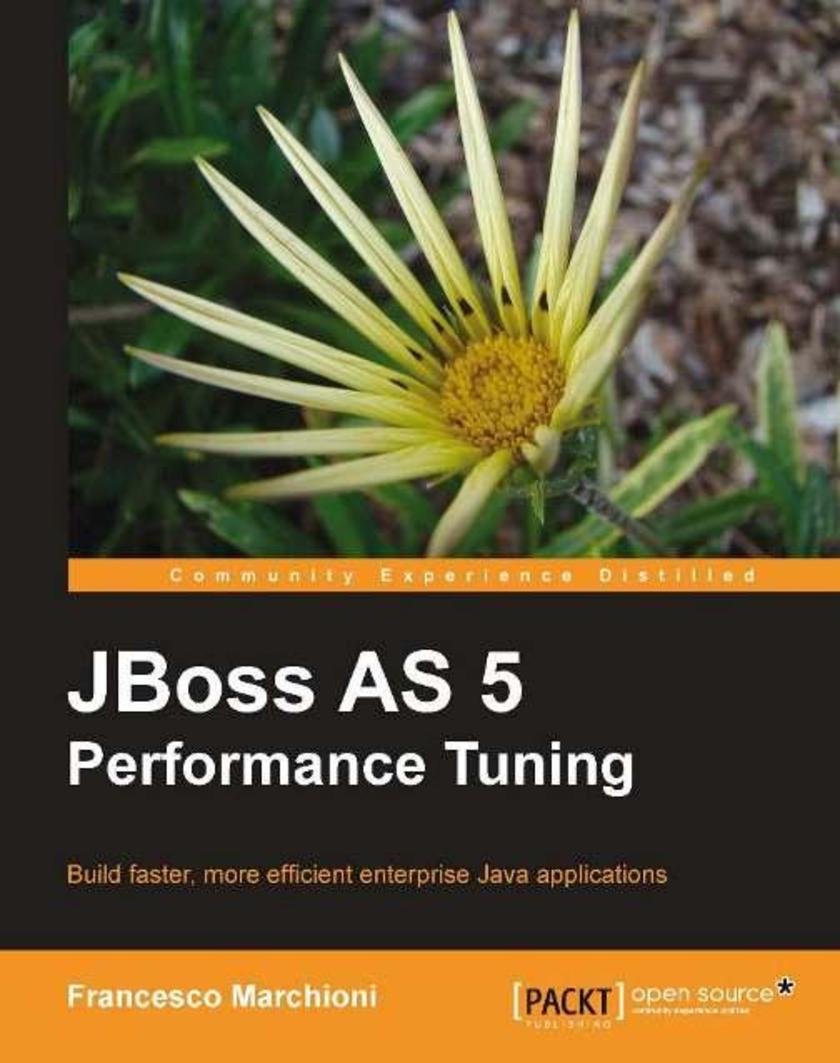
JBoss AS 5 Performance Tuning
¥80.65
Packed with practical examples, this book looks at a different aspect of performance tuning in each chapter and shows the reader how to apply them to their existing Java applications. Written to version 5.1, this book also has information about the upcoming 6.0 release and how you can upgrade your existing applications. This book is for Java architects who design and configure Enterprise applications. It is great for Java developers who want to get into the inner details of the application server and of the correct tuning methodology. Application testers will also find this book useful as they will learn how to monitor the performance of the middleware with the correct instruments.
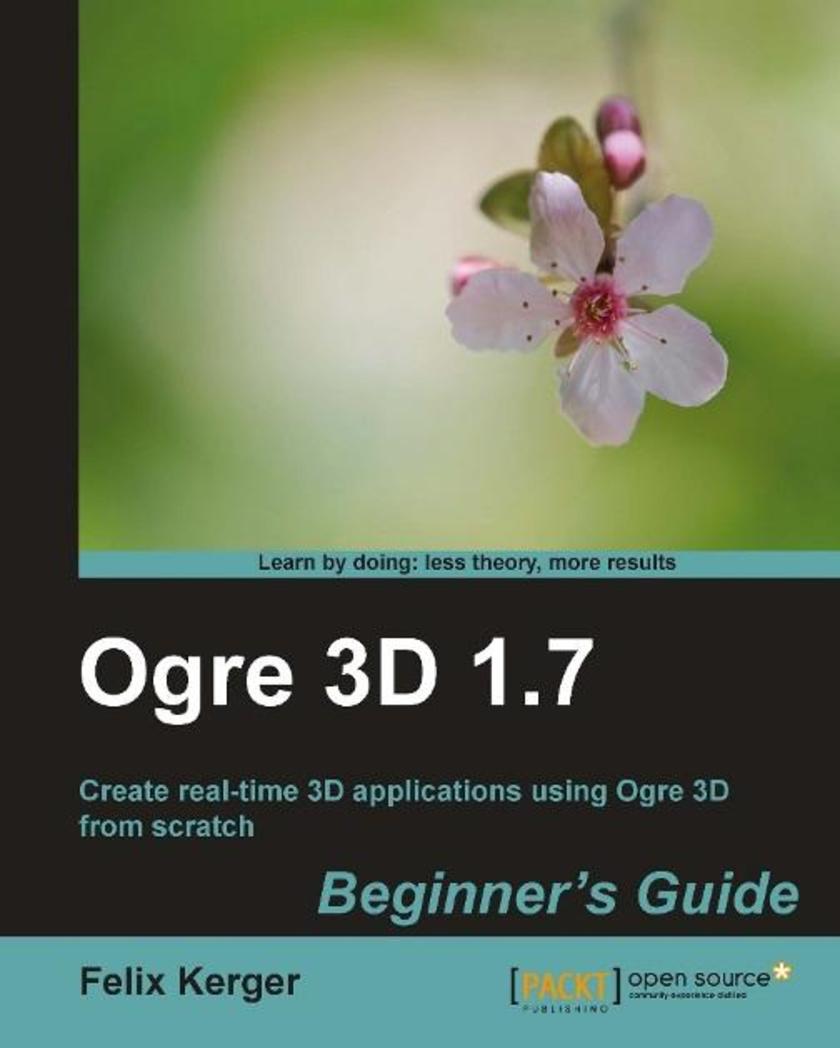
Ogre 3D 1.7 Beginner's Guide
¥80.65
This book is an example-driven introduction to OGRE 3D. Each example shows some new features and you learn step-by-step to create complex scenes with different effects using OGRE 3D. After several examples discussing one topic there is a do-it-yourself part where you will be challenged to solve problems on your own. If you have ever wanted to develop 3D applications with OGRE 3D, this example-driven book will enable you to do so. Understanding of C++ is needed to follow the examples in the book.
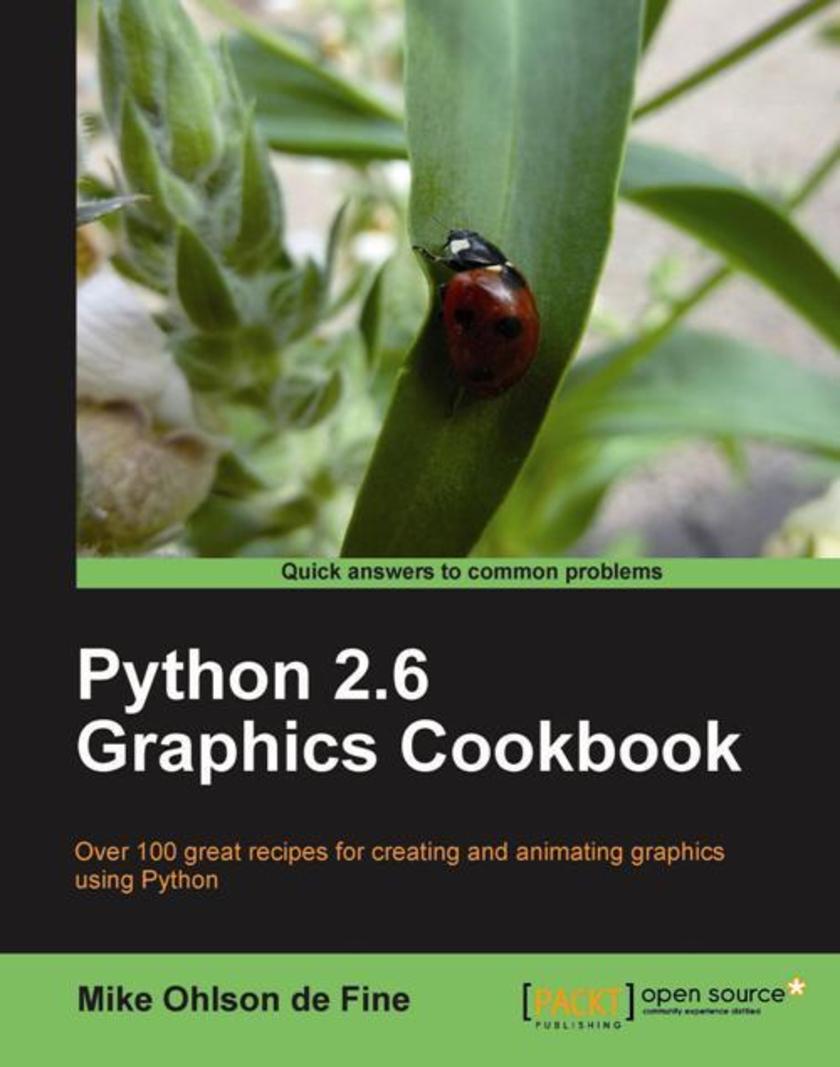
Python 2.6 Graphics Cookbook
¥80.65
This book has recipes that show enthusiastic users how easy graphic programming can be. Simple explanations in plain English are used. The recipes are built up, in each chapter, starting as simply as possible and moving to more complex programs with which you can comfortably create 2D vector graphics and animations. You will learn how to combine both vector and photo images seamlessly! If you are looking to create animated graphics to represent real-world scenarios then this book is for you. Teachers, scholars, students, and engineers who know it is possible to make fascinating models and demonstrations but have not found a handbook that pulls it all together in one place will find what they need in this recipe bank. Basic knowledge of Python programming is required and access to the Web and Google will be useful.
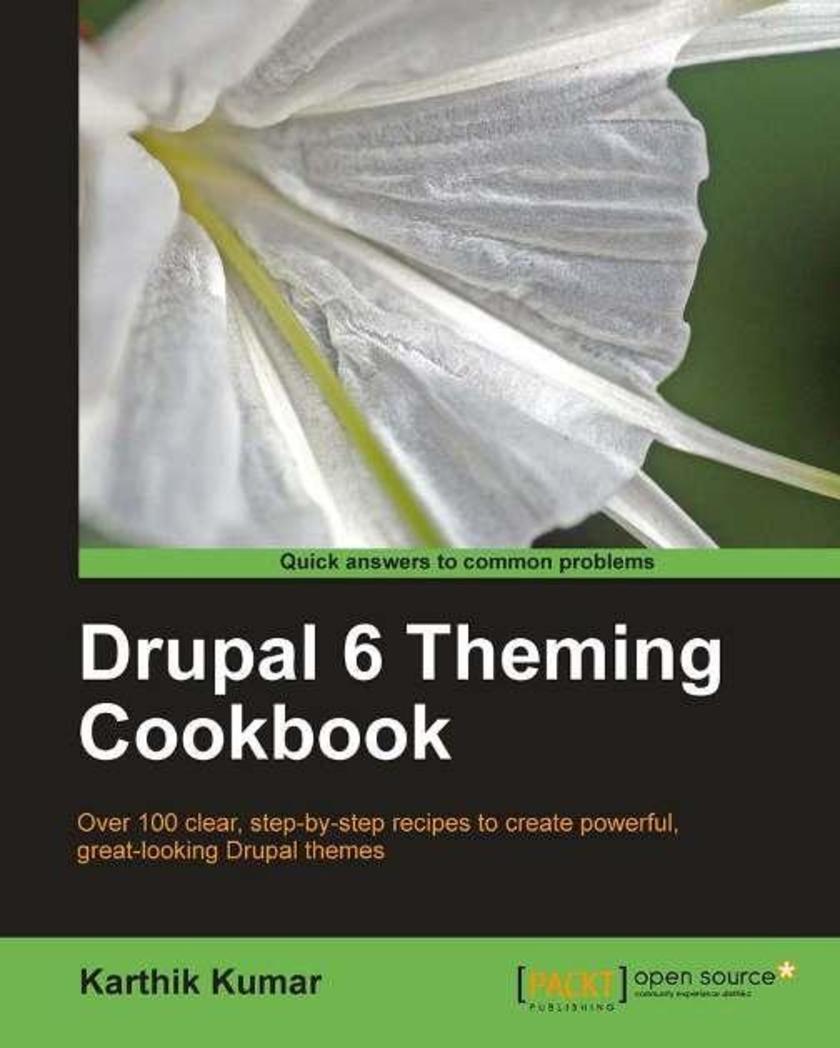
Drupal 6 Theming Cookbook
¥80.65
Written in cookbook style, this book offers solutions to all common theme design problems through recipes. Each recipe contains step-by-step instructions followed by the analysis of what was done in each task and other useful information. The book is designed so that you can read it chapter by chapter, or you can look at the list of recipes and refer to them in no particular order. This book is written for Drupal developers who want to refresh the look and feel of their sites. If you are a Drupal site administrator who is looking to go beyond the basics and customize the presentational aspects of your Drupal site, then this book is for you. It assumes that readers are familiar with rudimentary PHP and acquainted with Drupal installation and general usage. Readers are also expected to have knowledge of CSS and XHTML.
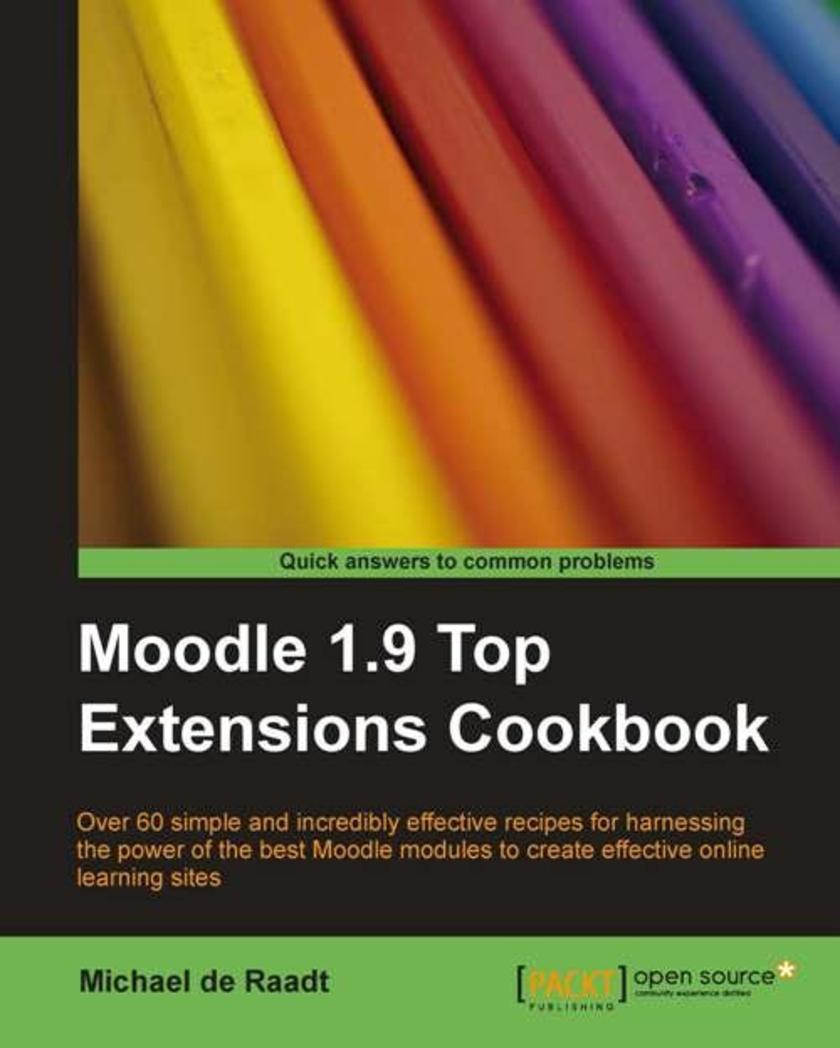
Moodle 1.9 Top Extensions Cookbook
¥80.65
The disorganised array of modules available for Moodle are brought together in ways you can relate to. Reviews include details that will help you decide if a module is worth testing. There are illustrated, step-by-step guides to installing and configuring modules. If you are involved in teaching using Moodle, be it at relatively small institutions running their own Moodle instance, or at large institutions where Moodle is used and administered, or you are an administrator of a Moodle instance who is looking for modules that will be useful to teachers and students at their institution, this book is meant for you.
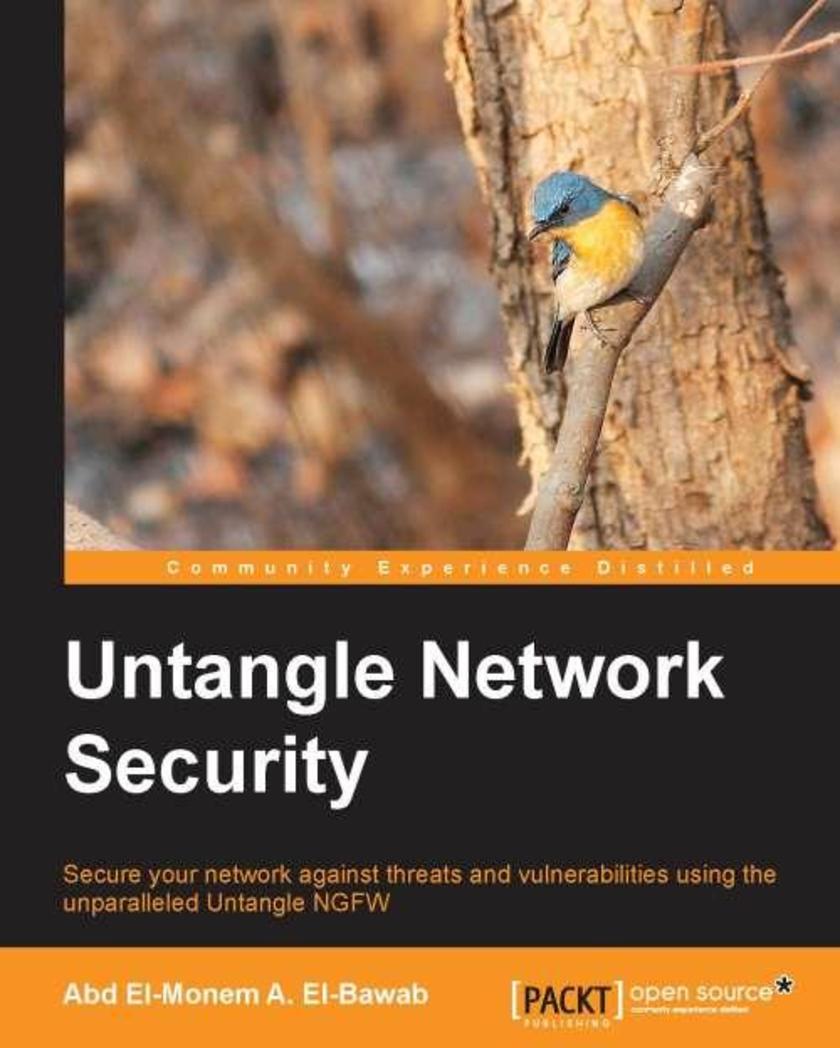
Untangle Network Security
¥80.65
If you are a security engineer or a system administrator and want to secure your server infrastructure with the feature-rich Untangle, this book is for you. For individuals who want to start their career in the network security field, this book would serve as a perfect companion to learn the basics of network security and how to implement it using Untangle NGFW.




 购物车
购物车 个人中心
个人中心



